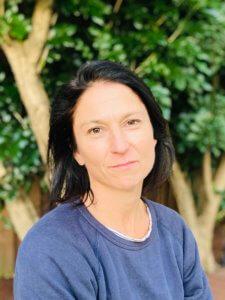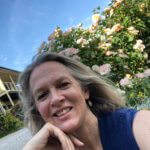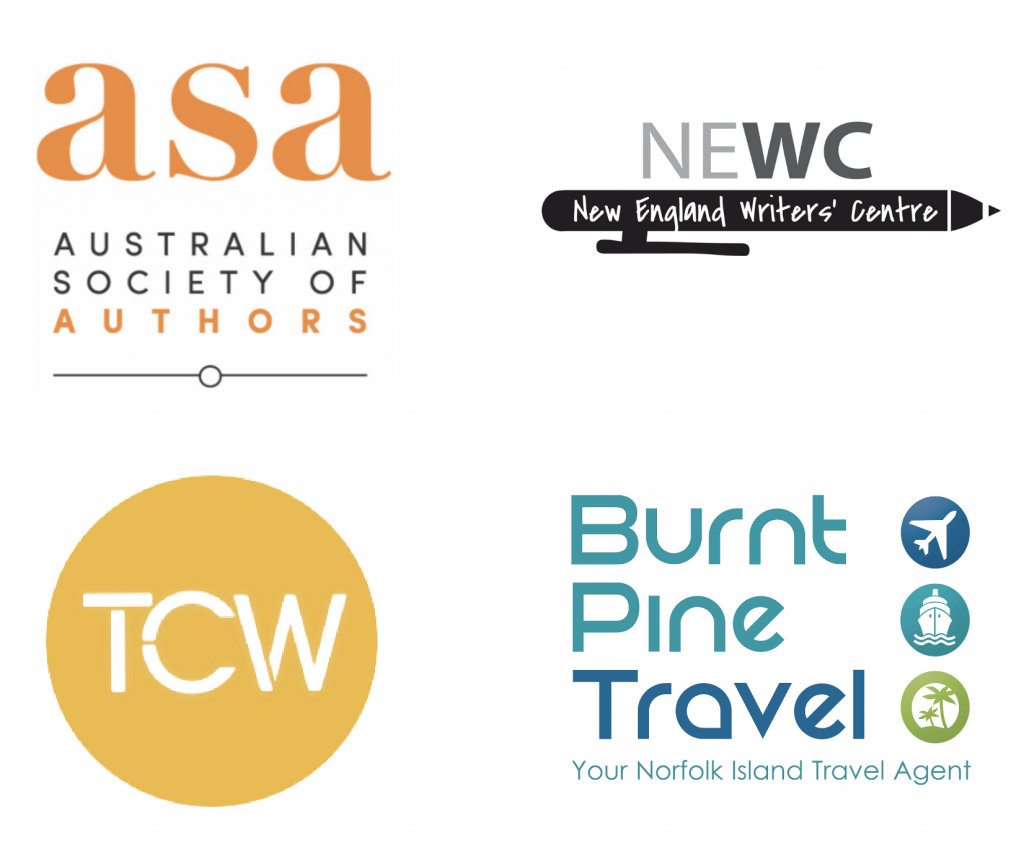‘Prizes draw attention to an author. It’s like a gold label on a bottle of wine. It gives it a seal of approval that someone browsing for their next read would pay attention to.’

Originally from the UK, but nowadays busy-busy as literary agent for Curtis Brown, Tara Wynne looks after some notable Australian historical fiction authors. I was lucky enough to snatch some time with Tara and get a glimpse of her work as a literary agent and her take on historical fiction’s appeal.
In your experience as agent for an historical novelist, what is the genre’s particular appeal?
A well crafted historical novel allows the reader an opportunity to escape into another world, another time, another life. Often grounded in thorough research, we may also learn a thing or two from these novels.
I love to be transported back to another time, real or fantastical, or a mix of both. In Kate Forsyth’s historical novels we see her reimagine classic fairy tales Like most of us, I grew up reading one version or another of Grimm’s fairy tales, then I got to university and read Jack Zipes, and Angela Carter’s The Bloody Chamber, and my perspective shifted completely. I saw the power of literature to subvert and to be radical, and that’s what we see in Kate’s fairy tale retelling in Bitter Greens or Beauty in Thorns. She has put women back in the centre of the stories and given them a voice – albeit a dark one at times!
The Lace Weaver by Lauren Chater and her follow up Gulliver’s Wife similarly takes a female on the periphery of history and imagines what it would have been like to be that person, but also gives them power and voice. Not only is there a richness in her depiction of London at the time but I admire the female relationships too. She plays with our fixed ideas of Gulliver to date.
I’m also reminded of how much I loved Cait Duggan’s The Last Balfour. It came to me via James Bradley and I remember being immediately drawn in by her voice and the promise of magic, witchcraft and adventure. I thought, this is exactly the sort of historical novel I loved as a child – grounded in real history but again finding a lost story and reimagining what it would have been like to be a healer ,or the child and pupil of one, at the time of James VI of Scotland and the witch hunts.
Bush storytellers like Nicole Alexander never fail to draw me in. She finds a fascinating story and always manages to throw in a bit of sexual tension/romance but also tells a ‘bloody good yarn’!
How do you think a prize such as the ARA Historical Novel Prize helps to raise the profile of historical fiction in general?
The ARA Historical Novel Prize provides what would be a life-changing sum for many many writers. Importantly, it also draws attention to the author and the genre. Moreover this prize will validate those selected within the industry and beyond.
What are the benefits for an agent in submitting entries to a high-profile writing contest with significant prize money?
Agents don’t enter authors for competitions but we would follow up with the author’s publisher to see if they have done so. If they are not in a position to enter the author, I would encourage authors to enter direct as prizes equal money and raise their profile by drawing attention to the quality of an author’s work. And, of course, the additional money allows the author time and space to continue to build his or her career, sometimes leading to other related rights deals such as film and television. I know for Mark Brandi, his novel, Wimmera was snapped up by an ANZ publisher after he won the British Crime Writers Association Debut Dagger Award. When my colleague Clare Forster’s author, Emily Bitto’ The Strays won the Stella in 2015 that led to a significant North American deal. If you look at Girl, Woman, Other by Bernadine Evaristo – the Booker win saw it appear in the bestseller charts and sell more copies than ever before.
Prizes draw attention to an author. It’s like a gold label on a bottle of wine. It gives it a seal of approval that someone browsing for their next read would pay attention to.
Which sub-genre of historical fiction are you pleased to see is eligible, and why do you feel it is important?
Romance and Fantasy get little airtime outside their own communities, so it’s nice for them to have an opportunity in which these sub-genres can be brought to the fore. Kate Forsyth’s earlier work, particularly her Eileanan series mixes her knowledge of Scottish history with fantasy – that is now 20 years old but has just been sold into audio in the US and is doing really well! It’s never been out of print with Penguin over there, or here in Australia, so clearly others agree with me!
What do you think makes a standout historical novel?
The same as with every good novel – voice, pace and a well-crafted world. We have to be convincingly drawn into a new world by the narrative voice and for the writing to have an urgency to it that will keep us turning the pages. I’m working on an amazing Viking novel with Lisa Hannett at the moment – although a little unwieldy in some ways, the voice was quite breathtaking and the story fascinating. She is currently reworking and I’m hoping that this next draft will be ready to take to the world! As an agent one can help the author finesse the structure (and for a debut author I’d probably do this more to help to find that page-turning quality and help to make the plot plausible enough to suspend disbelief), but obviously I can’t teach someone “voice” or tell an author what to write – at least, I don’t like to do that. I’m very happy to brainstorm ideas and help them decide what to write next.
More about Tara Wynne
With an MA in English from Edinburgh University, Tara Wynne started her publishing career just a few doors down from Charles Dickens’ house in Bloomsbury – at Sheil Land Associates. She joined Curtis Brown UK in 1998 and moved to Curtis Brown Australia as a Literary Agent in January 2002. She represents a broad range of writers from commercial to literary fiction and non-fiction and children of all ages. She has just been appointed President of the Australian Literary Agents Association.

This interview was compiled by HNSA Marketing Coordinator, Lou Greene. Lou was winner of the HNSA First Pages Pitch in 2017 and she long-listed in the Richell Awards. Last year, as well as being short-listed in the HNSA short story competition, she was a recipient of an ASA Mentorship Award. Lou has an MA Modern History and has recently completed a dual timeline, novel manuscript. Find out more about Lou’s writing from her website, or connect with her via Instagram or Twitter.

The ARA Historical Novel Prize, for published historical novels by Australian and New Zealand authors, will be worth $30,000 to the winning author. With entries opening on May 1, it is a partnership between generous sponsor, the ARA Group, and the Historical Novel Society Australasia (HNSA), in association with the New England Writers’ Centre. HNSA is delighted and proud to introduce this initiative, which celebrates the diversity and strength of an increasingly popular and acclaimed genre.




